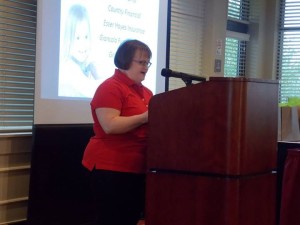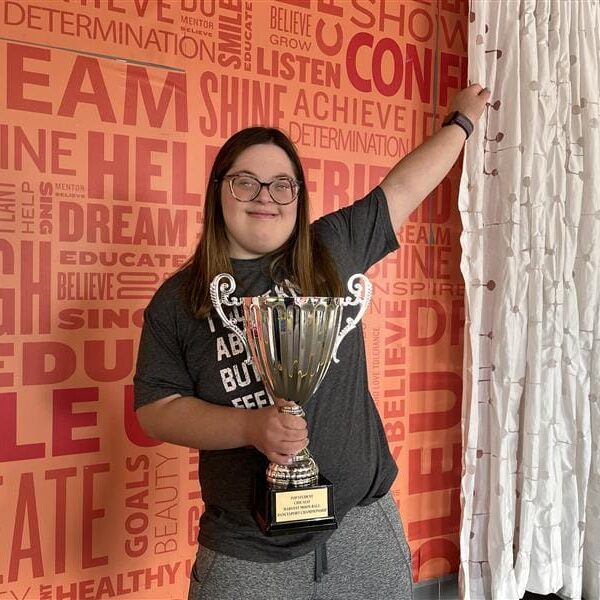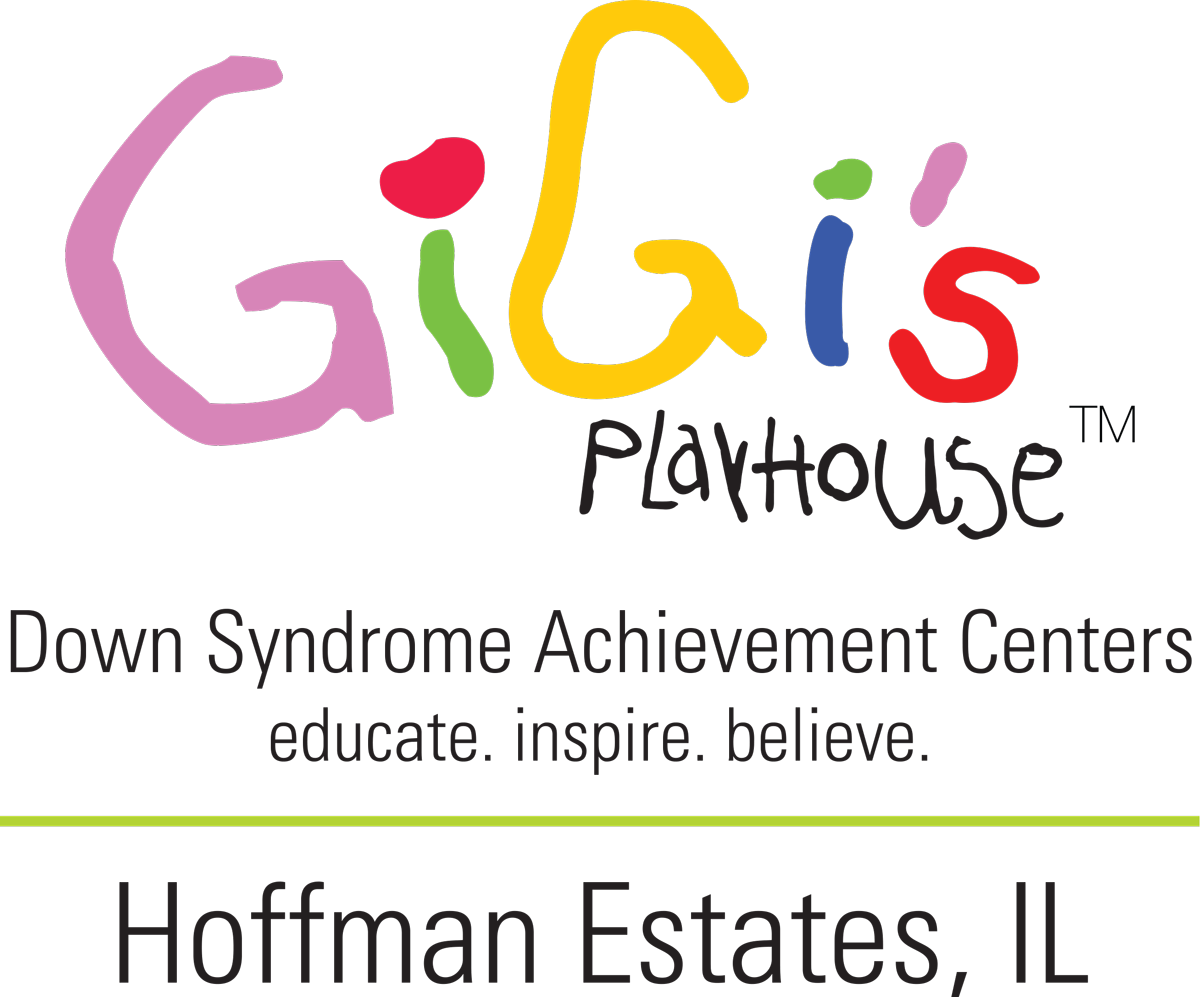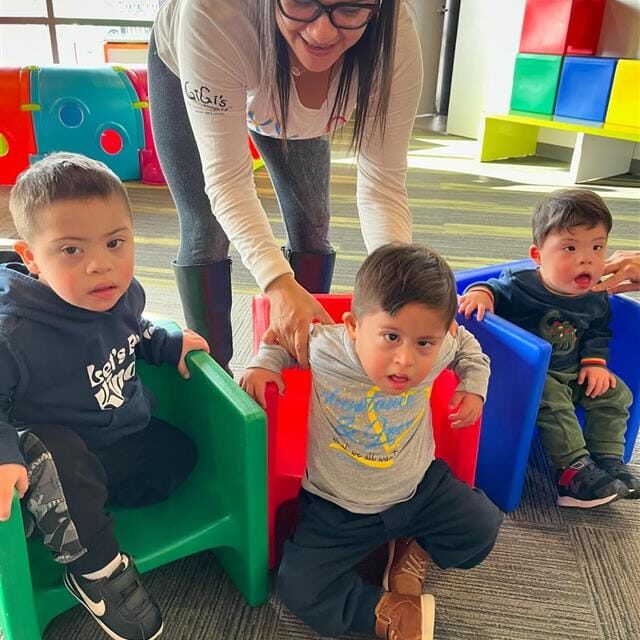Here are a few ways to provide additional speech and language skills!
Are you the par ent of an adolescent or adult with Down syndrome? If yes, then this post is for you! Parents can provide additional practice for speech and language skills at home and in the community. Different activities in the home and community help children and adolescents continue to acquire and use new communication skills. Activities that involve social interaction, such as scout troops or participating in youth groups, can help young adults develop and continue practicing speech and language skills. When an adult has more opportunities to communicate, his or her skills will expand. The activities you work on with your adolescent will depend upon his or her level of functioning. One great activity to work on at home is the game Mad Libs. You can start by reviewing parts of speech (i.e., nouns, verbs, adjectives, adverbs) and brainstorm words for each category and write them on a piece of paper for him or her to keep. This is great for teaching parts of speech and expanding vocabularies. Learning to communicate is an ongoing process. The most common communication problems for adults with Down syndrome are that their speech may be difficult to understand (speech intelligibility) and that they have difficulty with long conversations, with telling about what happened to them or retelling a story, and with asking for specific clarifications when they don’t understand something. Support your young adult, help them to get their message across by taking them through it step-by-step. Just as it was when they were younger, patience is a virtue.
ent of an adolescent or adult with Down syndrome? If yes, then this post is for you! Parents can provide additional practice for speech and language skills at home and in the community. Different activities in the home and community help children and adolescents continue to acquire and use new communication skills. Activities that involve social interaction, such as scout troops or participating in youth groups, can help young adults develop and continue practicing speech and language skills. When an adult has more opportunities to communicate, his or her skills will expand. The activities you work on with your adolescent will depend upon his or her level of functioning. One great activity to work on at home is the game Mad Libs. You can start by reviewing parts of speech (i.e., nouns, verbs, adjectives, adverbs) and brainstorm words for each category and write them on a piece of paper for him or her to keep. This is great for teaching parts of speech and expanding vocabularies. Learning to communicate is an ongoing process. The most common communication problems for adults with Down syndrome are that their speech may be difficult to understand (speech intelligibility) and that they have difficulty with long conversations, with telling about what happened to them or retelling a story, and with asking for specific clarifications when they don’t understand something. Support your young adult, help them to get their message across by taking them through it step-by-step. Just as it was when they were younger, patience is a virtue.
Recent Posts



